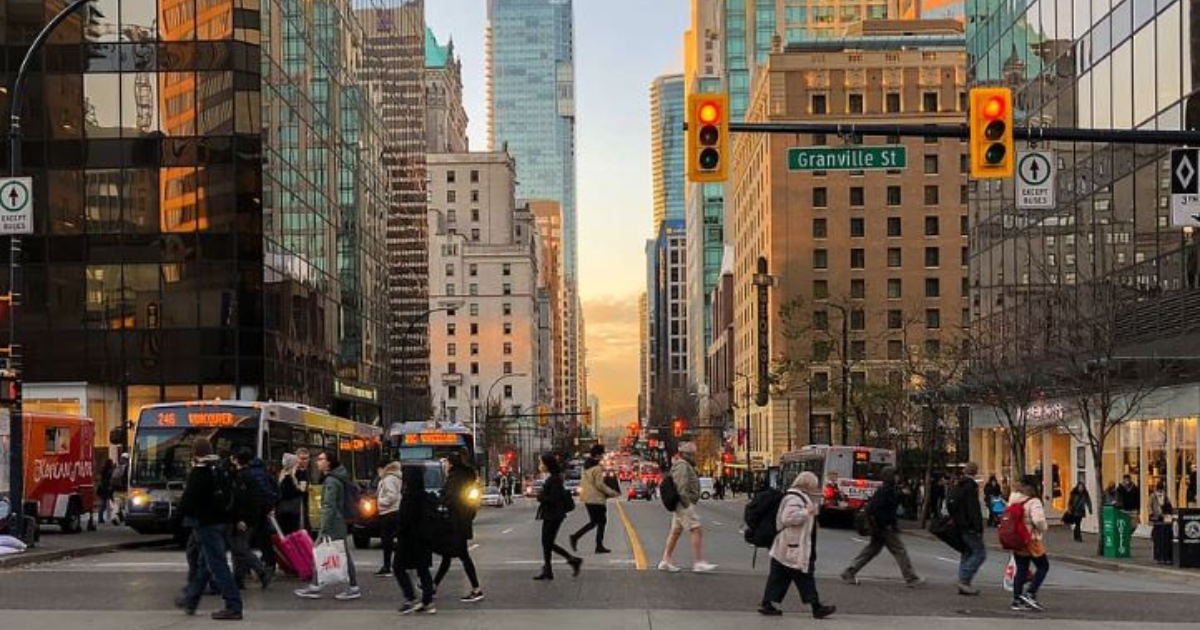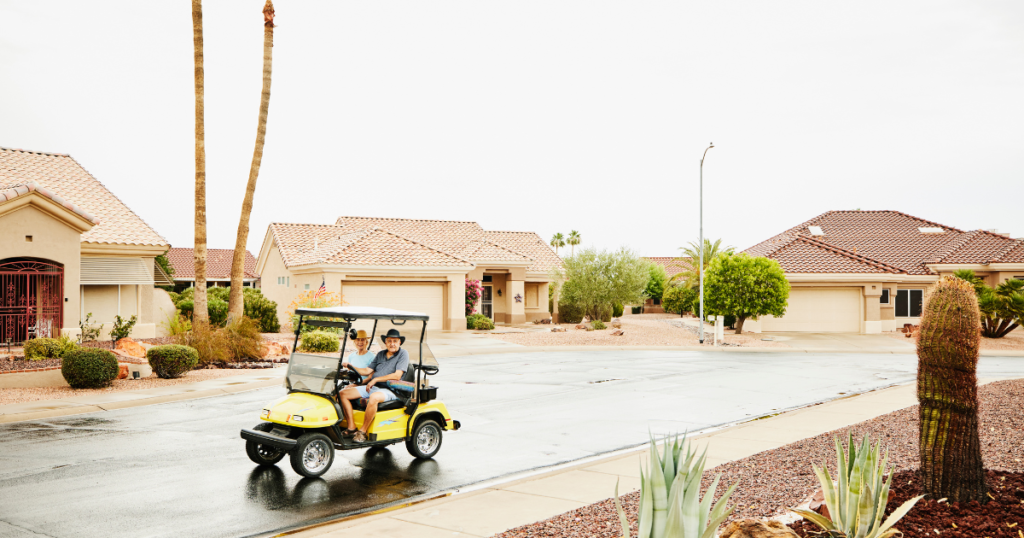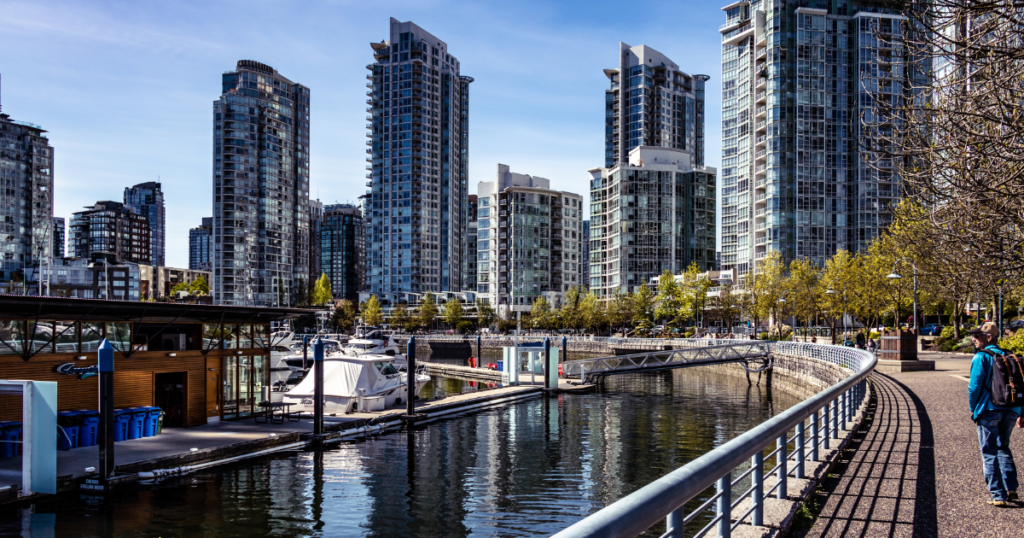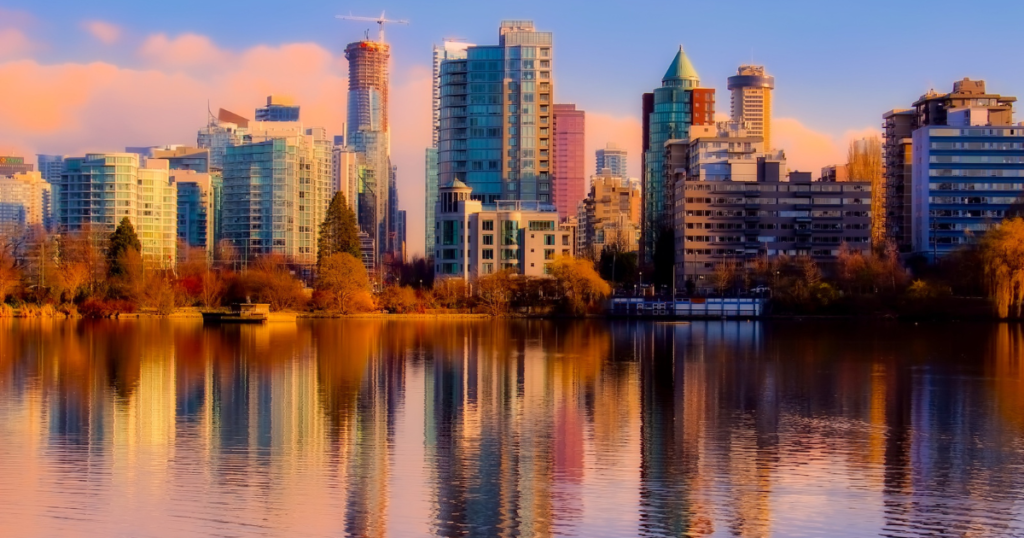British Columbia, Canada’s westernmost province, is renowned for its stunning natural landscapes, ranging from mountain ranges to lush forests and a rugged coastline.
Amidst this scenic beauty lies Vancouver, the province’s largest city, distinguished not only by its size but also by its vibrant culture and economic vitality. This article delves into the heart of Vancouver, exploring what makes it the crown jewel of British Columbia.
Vancouver’s journey from a modest lumber mill town in the 19th century to a bustling metropolis is a story of remarkable growth and transformation.
As the biggest city in British Columbia, Vancouver serves as a gateway to the Pacific and a melting pot of diverse cultures, making it a significant player on both the national and international stages.
This exploration of Vancouver aims to provide a comprehensive insight into its allure, offering readers a virtual tour of its streets, landmarks, and the very essence that defines this dynamic city.
Related: Exploring Retirement Communities in British Columbia (Helpful!)

Vancouver at a Glance
With a population exceeding 630,000, Vancouver stands as the most populous city in British Columbia and the eighth largest in Canada.
Nestled between the Coast Mountains and the Pacific Ocean, its strategic location has been instrumental in its development as a major port and a hub for trade and commerce.
The city’s moderate oceanic climate, characterized by mild winters and warm summers, adds to its appeal as a desirable place to live and visit.
The history of Vancouver is a tapestry of indigenous heritage, European exploration, and multicultural influx. Initially inhabited by the Musqueam, Squamish, and Tsleil-Waututh Nations, the area saw significant change with the arrival of British explorer Captain George Vancouver in 1792.
The city’s incorporation in 1886 marked the beginning of rapid growth, fueled by the lumber industry and the transcontinental railway. Today, Vancouver’s skyline, dotted with sleek high-rises, is a testament to its economic prosperity and continuous growth.
What Makes Vancouver Unique?
Vancouver’s uniqueness lies in its extraordinary blend of natural beauty and urban sophistication. The city’s cultural diversity is a cornerstone of its identity, with over half of its residents speaking a first language other than English.
This cultural mosaic is reflected in the city’s vibrant arts scene, festivals, and culinary offerings, ranging from authentic Asian cuisine to indigenous fare.
The economic landscape of Vancouver is equally diverse. It is a leading center for industries such as film and television production, earning it the nickname “Hollywood North.”
The city also thrives in the technology sector, sustainable energy, and tourism, attracting visitors and investors from around the globe.
Additionally, Vancouver’s commitment to environmental sustainability is evident in its green spaces, public transit, and initiatives like the Greenest City 2020 Action Plan.
This rich tapestry of culture, economy, and sustainability intertwines to make Vancouver not just the biggest city in British Columbia, but also one of the most dynamic and liveable cities in the world.
Iconic Landmarks and Attractions of Vancouver
Vancouver’s landscape is punctuated by numerous iconic landmarks and attractions that not only define its skyline but also its character.
Stanley Park, a magnificent urban park bordering downtown Vancouver, offers a serene escape with its lush forests, scenic seawall, and picturesque views of the city and water.
The park is not just a green oasis; it’s a cultural hub with the famous Totem Poles, representing the rich Indigenous history of the region.
Another marvel is the Capilano Suspension Bridge, suspended 70 meters above the river, providing breathtaking views of the surrounding rainforest and the Capilano River below.
For a more urban experience, Granville Island, once an industrial area, now thrives as a bustling market and arts district, offering an array of artisan shops, galleries, and eateries.
The city’s cultural diversity shines through in its numerous festivals and events, such as the Vancouver International Film Festival and the Celebration of Light fireworks competition. These events not only entertain but also foster a sense of community and celebrate the city’s multicultural fabric.
Vancouver Aquarium, located in Stanley Park, and Science World at TELUS World of Science are also significant attractions, offering educational and interactive experiences for all ages.
Living in Vancouver
Living in Vancouver is a unique experience, characterized by a blend of urban living and natural beauty. The city’s high quality of life is often cited, with its clean environment, safety, and cultural activities.
However, this desirability comes with a cost. Vancouver’s housing market is one of the most expensive in Canada, making affordability a significant challenge for many residents. Despite this, the city continues to attract a diverse population, drawn to its vibrant lifestyle and economic opportunities.
The city is also known for its commitment to health and fitness, with numerous parks, bike paths, and recreational facilities. This focus on wellness is complemented by a robust public health system and world-class medical facilities.
Education is another strong suit, with top-rated universities like the University of British Columbia and Simon Fraser University, attracting students globally.
Public transport in Vancouver, including the SkyTrain and bus system, is efficient and widely used, reducing the reliance on personal vehicles and contributing to the city’s green initiatives.
The city’s commitment to sustainability is evident in its architecture and community planning, with a focus on green building and renewable energy.
Related: Rural Properties for Sale in British Columbia: Your Slice of Paradise!
Vancouver’s Role in British Columbia and Canada
As the biggest city in British Columbia, Vancouver plays a pivotal role in the province’s economy. It is a central hub for trade, especially with Asia, due to its strategic Pacific location.
The Port of Vancouver is Canada’s largest and most diversified port, contributing significantly to the local and national economy.
In terms of culture and politics, Vancouver’s influence extends far beyond its geographical boundaries. The city is a mosaic of various cultures, making it a focal point for cultural exchange and innovation in Canada.
It has also been a stage for significant political and social movements, reflecting its active and engaged populace.
Internationally, Vancouver is recognized for its progressive stance on environmental issues, its booming film and tech industries, and its high standard of living. The city regularly hosts international conferences and events, such as the 2010 Winter Olympics, enhancing its reputation on the world stage.
Challenges Facing Vancouver
While Vancouver is celebrated for its livability and vibrancy, it is not without its challenges. One of the most pressing issues is housing affordability.
The city’s real estate market is among the most expensive in North America, driven by limited land supply, high demand, and speculative investment. This has led to a housing crisis where many residents struggle to afford homes, and homelessness remains a significant concern.
Another challenge is the infrastructure demands of a growing population. Traffic congestion, public transportation capacity, and maintaining sustainable urban development are ongoing issues as the city expands.
Additionally, Vancouver faces environmental challenges, including managing its carbon footprint and preparing for the impacts of climate change, such as rising sea levels and extreme weather events.
Social inequality and integration of immigrants also pose challenges. Despite its diversity, Vancouver experiences issues related to social inclusion, with disparities in income and access to services among different communities.
Related: Top 15 Family-friendly Neighborhoods In British Columbia
Future Prospects
Looking to the future, Vancouver is poised for continued growth and transformation. The city’s government and community leaders are actively engaged in shaping a sustainable and inclusive future.
Key areas of focus include expanding public transportation, investing in affordable housing initiatives, and continuing to develop as a green and smart city.
Vancouver’s economy is set to diversify further, with growth in sectors like technology, clean energy, and creative industries. These industries not only contribute to economic resilience but also attract a skilled workforce, fostering innovation and development.
Urban planning in Vancouver is increasingly focusing on creating compact, walkable neighborhoods that integrate living, working, and recreational spaces.
The aim is to enhance the quality of life while minimizing environmental impact. Additionally, the city’s cultural scene is expected to flourish, with an emphasis on supporting local arts and multicultural initiatives.
Conclusion
Vancouver, as the biggest city in British Columbia, stands as a testament to diversity, resilience, and innovation. It is a city that continuously evolves, facing its challenges head-on while maintaining its charm and livability.
Vancouver’s journey from a small lumber town to a bustling, world-renowned metropolis reflects the spirit of its people – adaptable, forward-thinking, and inclusive.
In understanding Vancouver’s significance, one grasps the essence of British Columbia and, by extension, Canada. This city, marked by its stunning natural beauty and vibrant urban life, continues to shape the identity and future of the region.
Whether as a home for its residents, a destination for travelers, or a model for urban development, Vancouver’s role as the biggest city in British Columbia is not just about its size, but about the impact it has on those who experience it.



